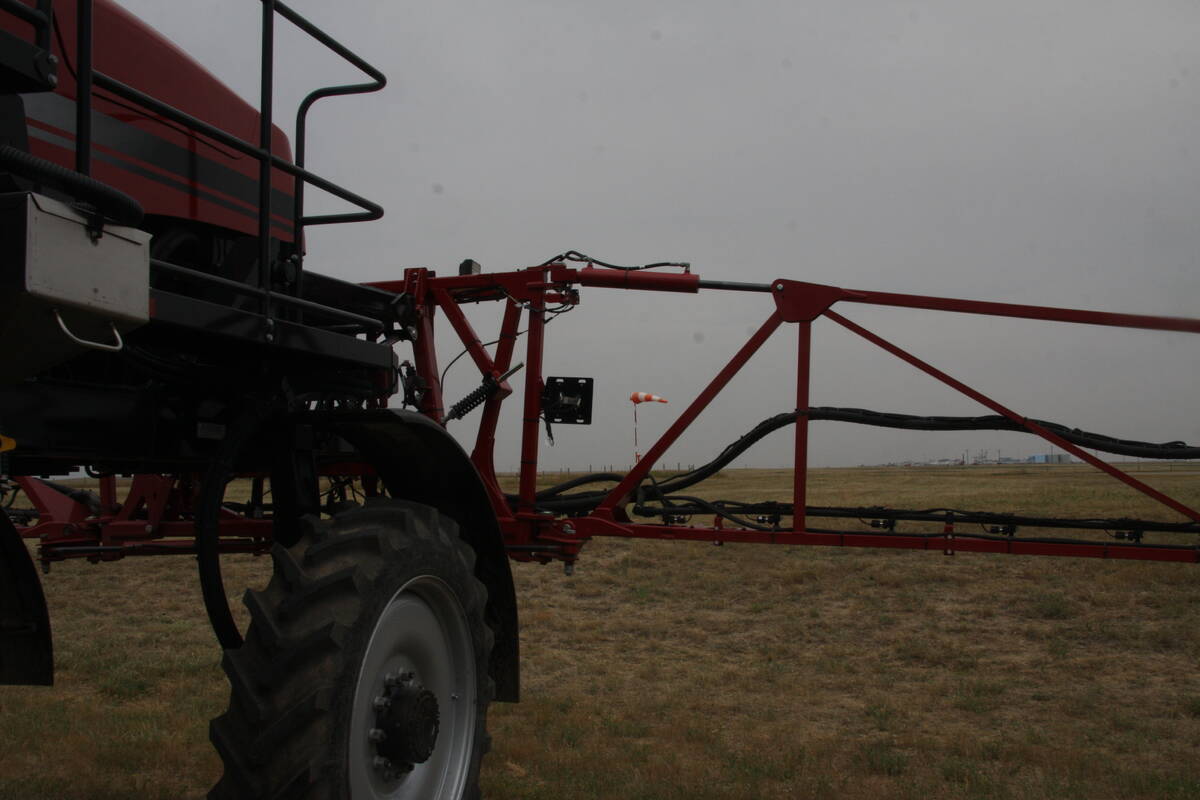Farmers across the West are mobilizing to help other farmers caught in
one of the worst droughts of the century.
Fundraising, donations of hay and straw and support groups are coming
forward with offers of help.
Nick Parsons of Farmington in northern British Columbia is challenging
farmers to donate $250 each to a fund that could be used to ease
transportation costs or provide help in other ways to those forced to
sell entire herds of cattle.
Read Also

More work wanted on removing red tape
REGINA — Canadian farmers risk falling further behind competitors if two main federal agencies don’t become more efficient and responsive…
“I challenge any farmer who gets a crop to help someone he doesn’t
know,” said Parsons, who is best known for his long distance combine
trips to raise awareness about the plight of western farmers.
Several farm organizations have set up drought trust funds.
Alberta farm organizations have formed a Drought Aid 2002 fund.
Donations are accepted at any Alberta Treasury Financial branch under
the account of “Drought Aid 2002.”
For further information, contact Wild Rose Agricultural Producers at
780-451-5912 or visit the group’s website at: www.wrap.ab.ca.
Agricultural Producers Association of Saskatchewan has set up Feed
Connection, a listing service for producers who have straw or hay to
donate or sell, or producers who have feed and winter feeding
facilities available. The service is also open to businesses offering
trucking, baling or twine. APAS Feed Connection will also list
producers who are in need of feed.
APAS will then connect a rural municipality with surplus feed to an RM
requiring feed. Preference will be given to the most critical areas and
herds.
APAS will also be opening a Feed Connection Trust Fund to accept
tax-deductible contributions to offset the costs of transporting feed
into drought areas or livestock into feed-sufficient areas.
For more information, visit www.apas.ca or call the APAS office at
306-789-7774.
A Redvers, Sask., committee called Southeast Offers Straw, or SOS, is
collecting hay and straw. Members can be reached at 306-452-3216,
452-6454, 452-3444 or 452-3363.
A group of Manitoba Pregnant Mare’s Urine horse owners have offered to
collect and bale straw for drought stricken PMU farms in Alberta.
Farmers are responsible for trucking costs. Contact Fred Clement at
204-859-2203 or 204-773-0470.
A Calgary area rancher is continuing his pleas for pasture donations.
So far, Craig Antliff has taken 39 pairs of cattle from east-central
Alberta. He is looking for more people willing to take a small number
of cattle if they have surplus grass. He has also been in touch with
church groups and the Canadian Foodgrains Bank to solicit aid for
producers in trouble. His number is 403-236-3289.
The Humane Society of Canada is soliciting donations from the public to
support drought relief efforts. Call its national toll-free number
800-641-KIND or visit: www.humanesociety.com. The organization is a
registered charity (BN# 13730 3343 RR0001) and all donations will
receive a receipt for income tax purposes. Funds will be used to offset
costs associated with the delivery of feed to livestock.
The three prairie provinces also provide free of charge pasture and hay
listing services for those who have forage and those looking for feed.
Additional listings and contacts are provided on The Western Producer
website: www.producer.com.

















